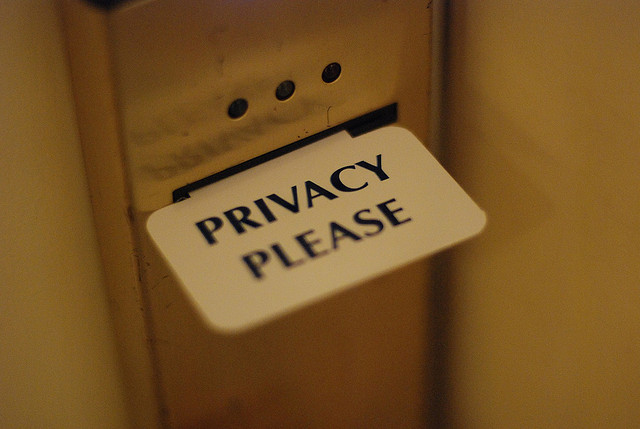
Recent reports indicate that the House Judiciary Committee intends to mark-up a bill that will finally extend Fourth Amendment protections to email correspondence. The bill, H.R. 699, The Email Privacy Act, introduced by Reps. Kevin Yoder (R-Kan.) and Jared Polis (D-Colo.), would update the 1986 Electronic Communications Privacy Act, ensuring constitutional protections and legal standards desperately missing in today’s digital world.
Although the bill enjoys wide bipartisan support and recently became the most cosponsored bill in the House with 284 cosponsors, the Judiciary Committee has neglected to move the bill. As part of the Digital Fourth Coalition, an ideologically diverse group that actively campaigns for Fourth Amendment rights in the digital world, Americans for Tax Reform has recently penned a letter urging Congress to consider this important piece of legislation.
Shortly thereafter, POLITICO reported a markup expected in July.
Katie McAuliffe, Federal Affairs Manager at ATR, released this statement supporting the bill:
“When ECPA was written in 1986, most Americans did not have email accounts. It was impossible for Congress to foresee the type of technological advancements nearly three decades later. As a result, our emails, photos, documents and other items stored in the cloud are in jeopardy of government intrusion. Privacy rights should not stop online. The Email Privacy Act is an important bill to protect the privacy of all Americans and should be voted on without delay.”
The Email Privacy Act would require government agencies to get a warrant before searching through an individual’s private emails, which is a more stringent requirement than the mere subpoena needed to do so under current law. There should be no discrimination between a citizen’s physical mail and their electronic mail, and yet under ECPA electronic mail is given vastly fewer protections.
The Fourth Amendment rights guaranteed by the Constitution do not apply to only some forms of communication, but are rather safe-guards against all forms of government intrusion into the privacy of citizens. In 1986, when the ECPA became law, few considered the Internet the robust medium for interaction that it is today and it is understandable the policy reflects this sentiment.
Today, however, we live in a world that can no longer deny the prolific role of Internet for communication. In this world, every day that passes without sensible policy that acknowledges electronic correspondence as the same as physical mail, and thus worthy of the same privacy protections, is an insult to the founding principles of our nation.
The time to end digital discrimination is now. The Email Privacy Act is the first step in this fight, the people want it, all political ideologies agree on it, and it is time for Congress to act.
Please Click Here to sign a petition urging the House Judiciary Committee to approve the bill.

